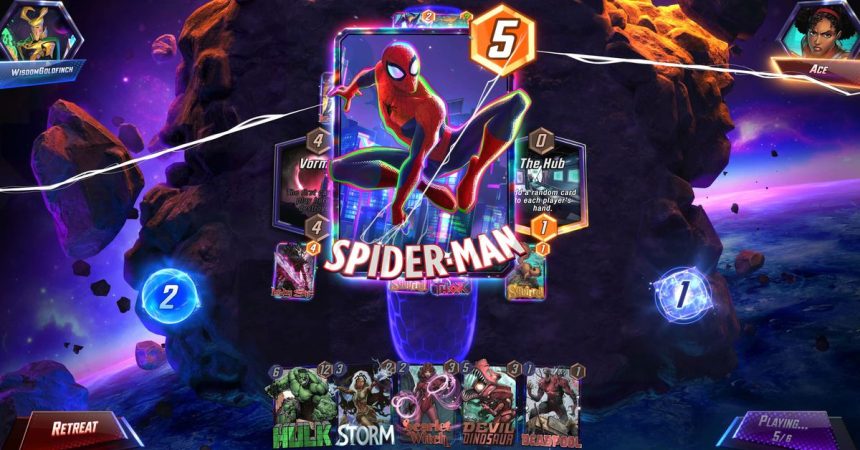The popular mobile card game Marvel Snap experienced an unexpected disruption in service for US players on Saturday night, becoming entangled in the broader geopolitical tension surrounding Chinese-owned apps. The disruption stemmed from the Protecting Americans from Foreign Adversary Controlled Applications Act, a law targeting apps deemed potential security risks due to their ties to foreign adversaries, specifically China. This legislation placed Marvel Snap in a precarious position due to its publisher, Nuverse, being a subsidiary of ByteDance, the Chinese company also owning the popular social media platform TikTok. The law’s enactment prompted app stores to remove affected apps, including TikTok and, inadvertently, Marvel Snap, cutting off access for US users.
The disruption to Marvel Snap, though unintentional, highlighted the complexities and far-reaching consequences of the legislation. While the law primarily aimed at TikTok due to national security concerns regarding data collection and potential influence by the Chinese government, its impact extended to other ByteDance-owned entities, including Nuverse and consequently, Marvel Snap. This collateral damage underscored the challenges of crafting narrowly tailored legislation in the digital age, particularly when addressing concerns about foreign influence and data security. The incident revealed how interconnected the digital ecosystem has become, with seemingly disparate apps sharing ownership ties that can lead to unexpected ripple effects.
Second Dinner, the developer of Marvel Snap, responded swiftly to the disruption, acknowledging the impact on players and outlining plans to mitigate future occurrences. In a post published on Monday evening, and subsequently displayed in-game, Second Dinner assured players that steps were being taken to separate Marvel Snap from the legal and political crossfire surrounding ByteDance. The developer announced its intention to bring “more services in-house,” effectively reducing reliance on Nuverse’s infrastructure and potentially minimizing vulnerability to future legal actions targeting ByteDance. Furthermore, Second Dinner committed to “partnering with a new publisher,” a move designed to sever the direct link to ByteDance and ensure the game’s continued availability in the US market.
This proactive approach by Second Dinner demonstrates a commitment to safeguarding the game’s future and prioritizing player access. By taking control of more services and seeking a new publishing partner, the developer aims to create a firewall between Marvel Snap and the ongoing regulatory scrutiny surrounding ByteDance. This strategic move not only addresses the immediate access issues but also signals a long-term commitment to maintaining a stable and accessible platform for players. The developer’s response also highlights the importance of adapting to the evolving geopolitical landscape and taking proactive measures to insulate businesses from unforeseen regulatory challenges.
While Marvel Snap remains unavailable on the App Store and Google Play, its Steam listing remains active, offering an alternative access point for some players. The temporary removal from mobile app stores underscores the ongoing legal uncertainty surrounding ByteDance-owned apps. Although President Donald Trump signed an executive order on Monday offering a 75-day reprieve on enforcing the ban against TikTok and other ByteDance-owned apps, the underlying legal framework remains in place. This temporary reprieve allows for further negotiations and potential resolutions, but it doesn’t eliminate the long-term risks for companies that fail to comply with the law.
The Marvel Snap incident serves as a microcosm of the larger debate surrounding data security, national security, and the role of foreign-owned apps in the digital landscape. The situation underscores the complex interplay between government regulation, technological advancements, and international relations. While the immediate disruption to Marvel Snap appears to be resolving, the broader implications of the Protecting Americans from Foreign Adversary Controlled Applications Act continue to unfold, shaping the future of how foreign-owned apps operate within the US market. The long-term impact of this legislation, and its potential to reshape the digital landscape, remains to be seen.



